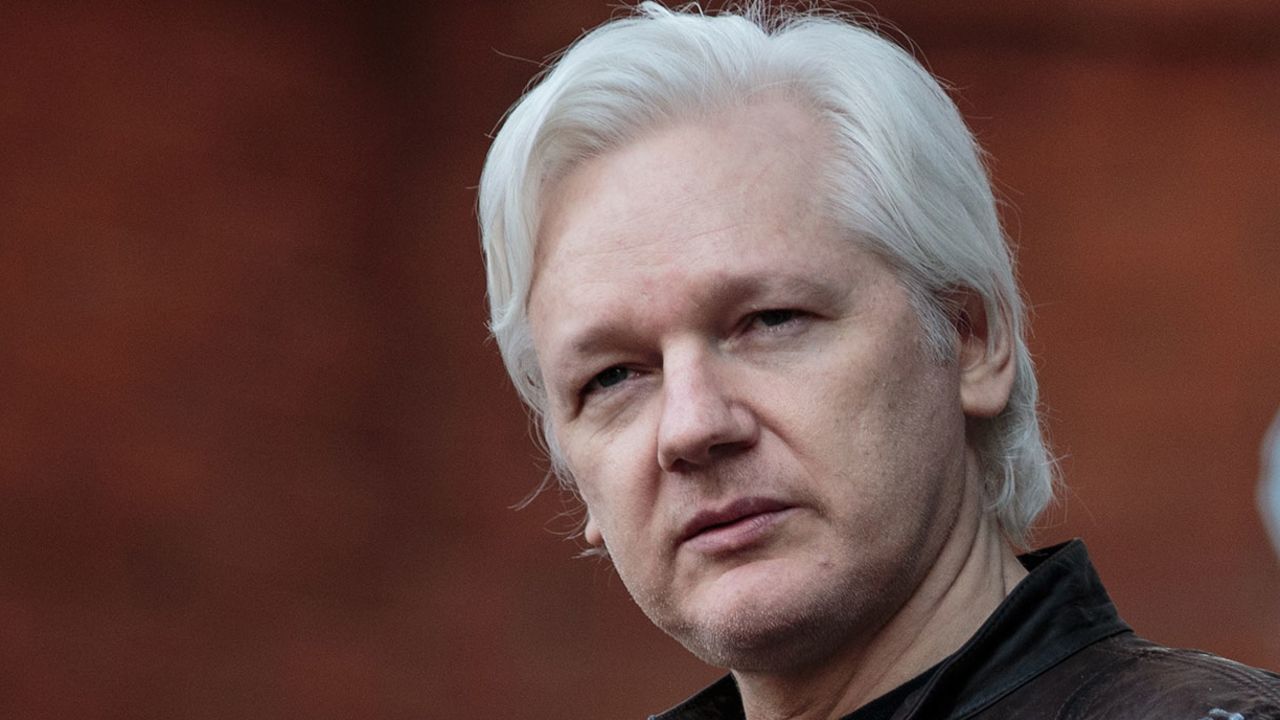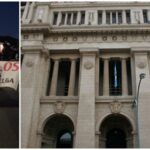
Originally published on “Rede Brasil Atual”
Last month, the British judiciary approved the extradition of journalist Julian Assange to the United States. Assange faces 18 criminal espionage charges and, if convicted, faces a sentence of up to 175 years in prison. This decision has generated heated debate, as many see it as a threat to press freedom and investigative and independent journalism.
Faced with this situation, a group composed of scientists, journalists, professors, trade unionists, civil society leaders and entities, including the Brazilian Society for the Progress of Science (SBPC), joined forces and collected almost 3 thousand signatures in a manifesto. In this document, the entities ask the President of the Republic, Luiz Inácio Lula da Silva, to grant political asylum to the activist and founder of WikiLeaks.
So, the intention is to reinforce the demand and deepen the discussion on the Assange case. Also stating the implications for democratic societies, the SBPC organized a debate last Wednesday (5). The event focused on threats to press freedom highlighted by cases such as Assange and Edward Snowden. The head professor of the School of Communications and Arts at USP Eugênio Bucci and the executive director of Agência Pública, Natalia Viana, participated. The mediation was in charge of the president of the SBPC, Renato Janine Ribeiro.

journalism and science
During the opening of the event, Janine Ribeiro highlighted the importance of the discussion promoted by SBPC. He pointed out that when, less than a month ago, the news emerged that an additional step had been taken towards the delivery of Assange to the United States, the group came together to draw up the manifesto. The objective was to ask the president of Brazil to offer political asylum to the journalist, giving him the opportunity to live in freedom in Brazilian territory, in recognition of everything he has done for democracy and the free press.
The president of the SBPC highlighted the relevance of Assange and Snowden’s actions in exposing abuses of authority, emphasizing that such actions should be valued. “It is logical that, for those who want power based on lies, journalism and science are targets. And, in the case of Assange, it is good to remember that it is about the disclosure of information about falsehoods, crimes committed by instances of power”, said Ribeiro.
Press silent with Assange
Natália thickened the criticism of the conviction. She met the journalist personally. “Assange invited me, as he invited other independent journalists, who were not associated with a vehicle, and other journalists from the Global South. Why? Because WikiLeaks had established partnerships with five newspapers, all from major powers, right? The colonizers: in Spain it was the The countryin France it was the The worldo The New York Times (in the United States), the The Guardian (in England) and the The mirrorfrom Germany,” he said.
However, Natália reveals that Assange already knew about the position of these major newspapers. It would be a position of collusion with economic power and the great powers. So, Natália argues that WikiLeaks has special relevance for independent journalism. “One thing we forget is Assange’s role in the explosion of independent journalism. There would be no Public Agency without WikiLeaks, for example, because WikiLeaks gave many small vehicles the opportunity to do quality journalism, since their content was distributed free of charge. Nor would there be other important information leakage movements in Brazil, such as Vaza Jato, ”she said.
Join our WhatsApp group, clicking on this link
Join our Telegram channel, click this link
Source: https://www.diariodocentrodomundo.com.br/entidades-pedem-para-que-lula-conceda-asilo-a-julian-assange/

